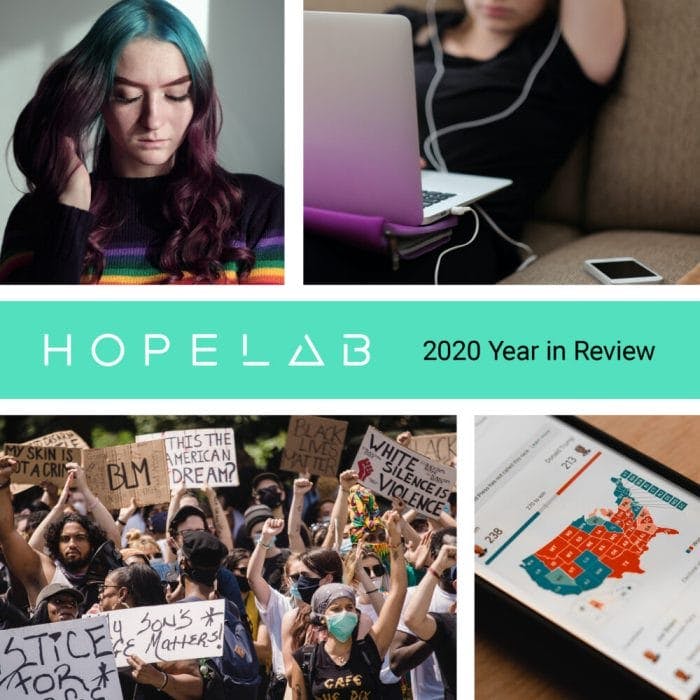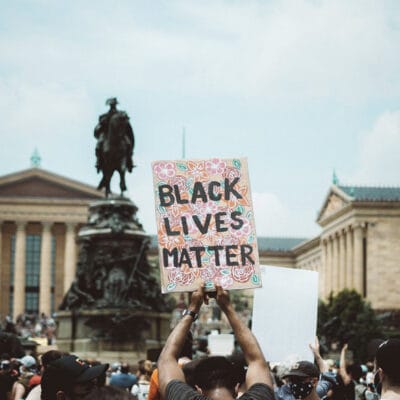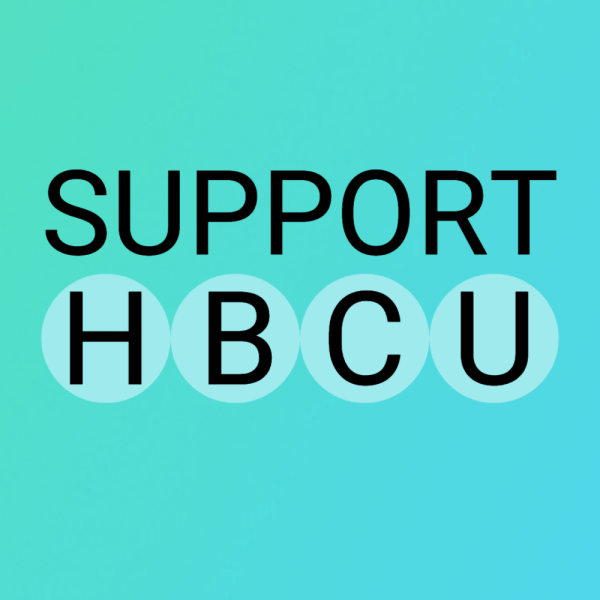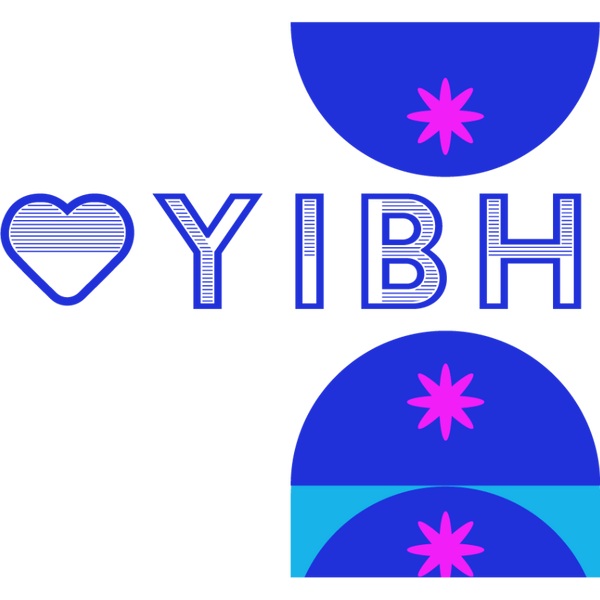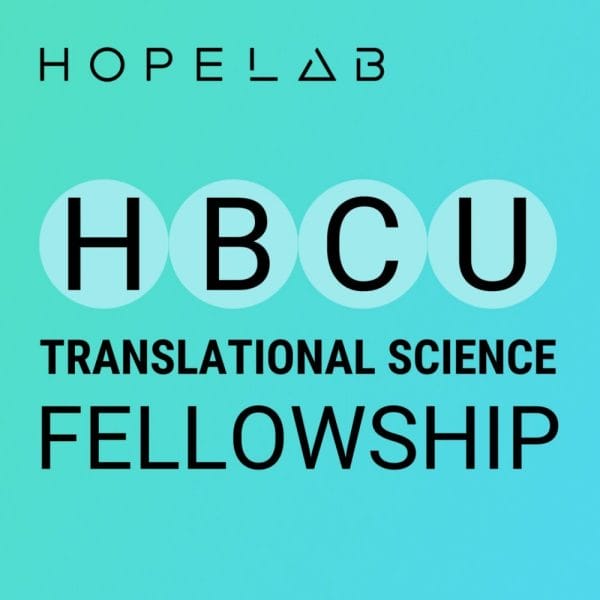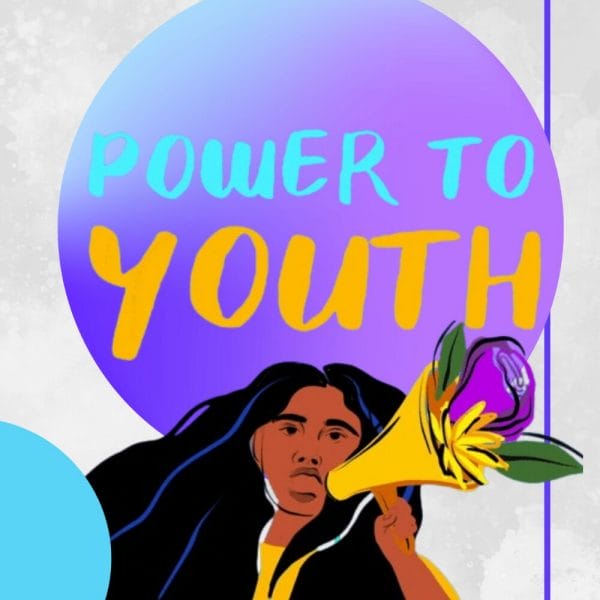2020 Year in Review
Throughout the twists and turns of this very unique year, the themes of our work – rooted in identity and loneliness, connection and community, the power and potential of Gen Z, and the promise of technology – all took on deeper richness and complexity. We learned a good deal about our collective resolve and our ability to skillfully navigate unimagined challenges, which we’ve captured in our Year in Review.
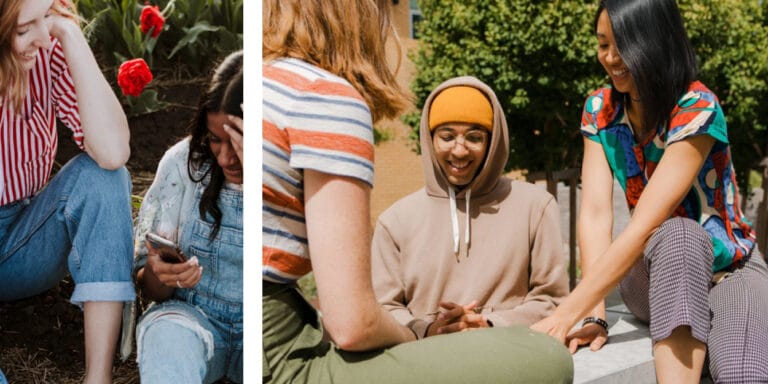
President & CEO Letter
This year started off with tremendous excitement, on the heels of a 2019 in which we got three new products into the hands of young people and conducted scientific research that validated their impact. Little did we know that the ground would radically shift beneath us just a few months later.
In reflecting on the past year, I am struck by the sheer number of opportunities for greater cultural and social examination that 2020 has offered. Taken individually, the pandemic’s exacerbation of longstanding disparities in health outcomes, the politicization of masks planting seeds of division, and the perpetual fight for civil rights are all troubling realities. Yet collectively, they signal an opportunity to reimagine a shared future.
Our world is indeed on the cusp of transformation and young people are at the vanguard, leading this shift. From protesting the established order to furthering new ideas to make the world a better place, young people have been at the heart of transformative change. I continue to be inspired by the power, potential, and actions of today’s teens and young adults—who voted in the 2020 election in unprecedented numbers, who are working tirelessly for climate justice, who are using technology to organize,and who continue to exercise record levels of civic participation in our democratic systems. On issues large and small, young people are leading the way, and they need our support and investment more than ever.
At Hopelab, the health and well-being of young people is our singular focus. Today’s teens and young adults report the highest rates of loneliness of any generation, and depression in this group has increased sharply in recent years. Mental health outcomes are particularly troubling for LGBTQ+ youth, especially Black, Indigenous, and other young queer people of color. For these young people, this year’s isolation from their school community, peers, and caring adults has presented challenges to well-being that may not be fully understood for years to come.
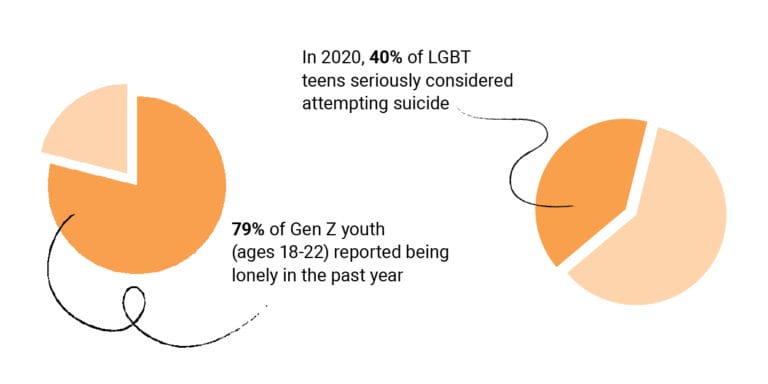
When the first shelter-in-place orders were issued in March, we knew two things right away: first, the needs of isolated young people would be significant; and second, our organization would need to adapt, and fast. Like many around the country, we closed our physical offices and shifted operations to a remote-working environment. Our project team quickly pivoted strategies to address the needs of college students in quarantine and launched the Nod app ahead of schedule. We hosted a virtual panel on queer youth and resilience, exploring the intersecting identities that young people hold. We surveyed the needs of mission-driven organizations and authored a nonprofit playbook on digital transformation to illustrate how they might maintain tighter connection with the communities they serve in a “shelter-in-place” reality. We evaluated and analyzed, published and presented, and even won a couple of design awards along the way.
Throughout the twists and turns of this unique year, the themes of our work—rooted in identity and loneliness, connection and community, the power and potential of Gen Z, and the promise of technology—all took on deeper richness and complexity. We learned a great deal about our collective resolve and our ability to skillfully navigate unimagined challenges. I am grateful to our staff for the ways that they continued to show up for the young people we serve, all while balancing the competing and sometimes overwhelming obligations of this new reality.
In closing, I am reminded of sentiment expressed by former President Obama, who spoke of hope not as blind optimism, but rather a belief that “with courage and actions, something better awaits.” As this year comes to a close, I’m feeling inspired by the examples of young people exercising courage and resilience in the face of remarkable challenges. And as I look forward to 2021, I am more hopeful than ever. I invite our partners and the many organizations supporting teens and young adults to continue this journey with us as we work to preserve the promise of adolescence and unleash the power and potential of our future generations.
Sincerely,
Margaret Laws

President & CEO, Hopelab

